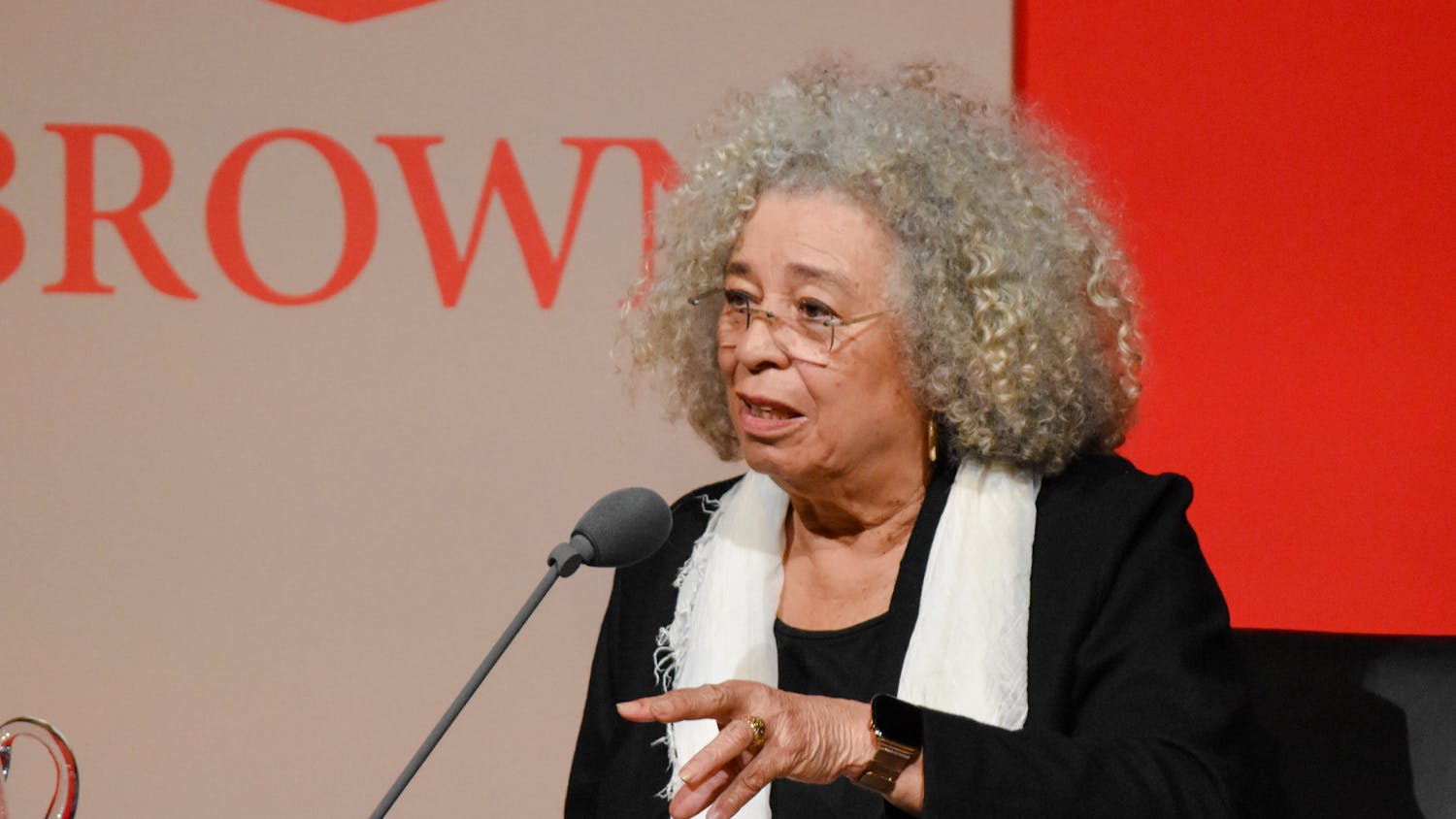Brown Dining Services workers Thursday ratified the tentative agreement negotiators had reached with the University around 2 a.m. that morning, securing a new three-year contract after nearly a week of bargaining.
The contract resolved issues surrounding health care premiums, wage increases, retirement benefits for new hires and the creation of more full-time positions, leaving officials on both sides satisfied with the settlement.
"Both bargaining teams are happy with the resolution," said director of labor and employee relations Joseph Sarno '91, the University's chief negotiator. "We think it's a fair deal for both teams."
The previous contract was originally set to expire at 11:59 p.m. Monday, but when no agreement for a new contract was reached by that deadline, it was extended 48 hours for further negotiation.
The new contract stipulates a flat-rate increase to 7 percent for health care premiums starting Jan. 1, Sarno said, adding that premiums will increase in January 2011 to 8 percent for the rest of the contract's duration. During negotiations, the University had proposed implementing a "sliding scale" for employees' health care contributions — which would have workers pay greater premiums depending on their salaries — hoping to partially offset the rapidly rising costs of health-care insurance. Under the previous contract, BDS workers paid a flat rate of 6 percent.
The University also agreed not to implement a wage freeze, which had been on the table at the beginning of this month, instead consenting to a 2 percent increase in each of the three years, Sarno said. In addition, new hires will continue to receive retirement benefits, which had been a contested issue during negotiations, he said.
BDS workers and the University had reached a tentative agreement early Thursday morning, but a new agreement was not ensured until after employees voted to ratify the contract during two meetings scheduled Thursday afternoon between employees' shifts, said Roxana Rivera, the chief negotiator for the Service Employees International Union, Local 615, which represents all of the nearly 200 workers.
Negotiations reached a peak Tuesday, when BDS employees authorized their bargaining committee to call a strike if negotiations failed to resolve the disagreements by Wednesday night.
Rivera said the University had been proposing to increase health care contributions to an 8 percent flat rate in 2010, a 10 percent rate in 2011 and a 12 percent rate in 2012, but she added that the workers' authorization to strike brought both sides back to the bargaining table.
"The most important thing in these negotiations for workers was to keep health care affordable for all Dining Services workers," Rivera said, adding that employees ultimately voted to ratify the contract based on recommendations from the workers' union's bargaining committee at approximately 8 p.m. Thursday night.
Rivera said the contract also includes provisions creating more 40-hour positions for workers, allowing the University to hire fewer temporary workers. There will also be more staffing positions available at places such as the Faculty Club, which she said would relieve workload issues for employees.
Rivera and Sarno cited both sides' willingness to offer concessions as the primary reason for the successful establishment of a new contract, which will not expire until October 2012.
"People wanted their work to be recognized," Rivera said. "We're happy that we were able to maintain those standards at the end of the day."




